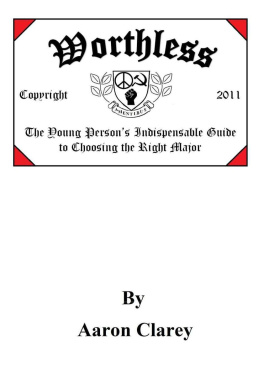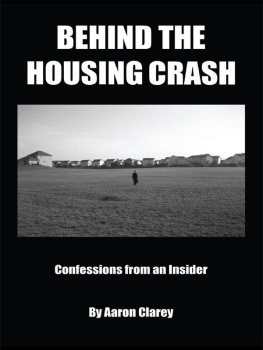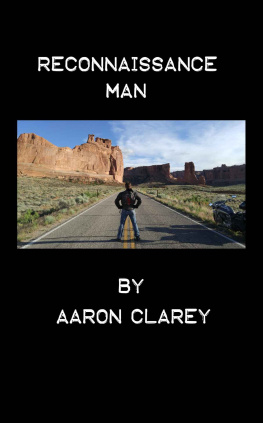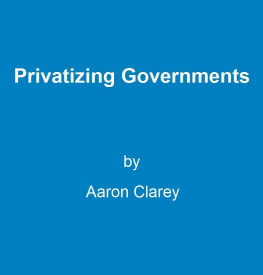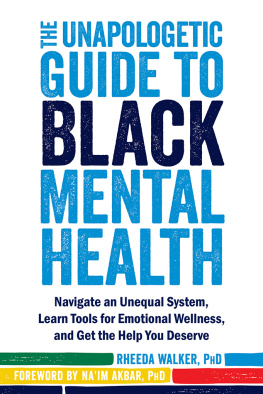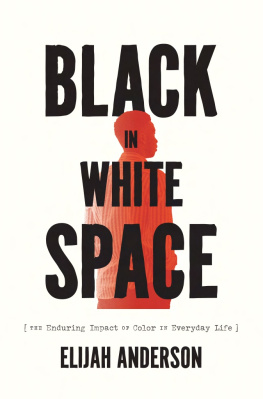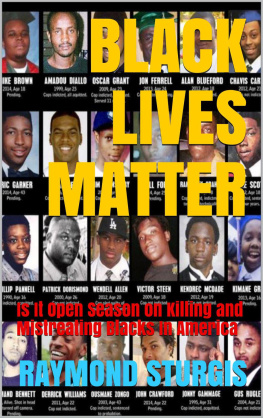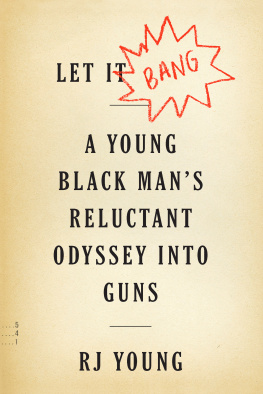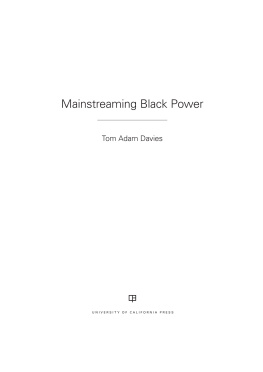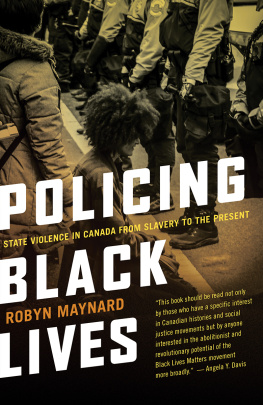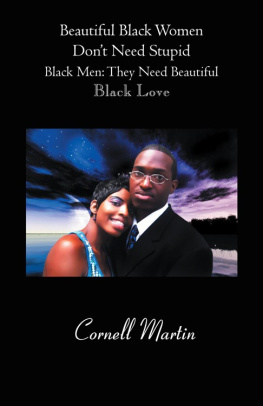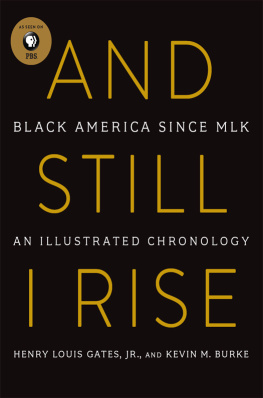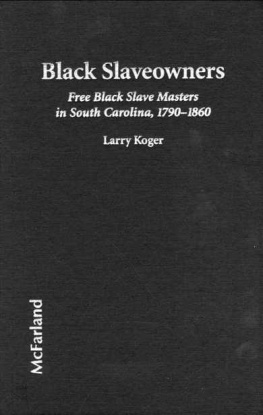All rights reserved. No part of this publication may be reproduced, distributed, or transmitted in any form or by any means, including photocopying, recording, or other electronic or mechanical methods, without the prior written permission of the publisher, except in the case of brief quotations embodied in critical reviews and certain other noncommercial uses permitted by copyright law.
INTRODUCTION
A Welcomed Development
A funny thing was happening.
My blog, You Tube, podcast, Facebook, Twitter and all other manners of social media accounts were experiencing a booming increase in readership and followership from an unlikely group of people. Up until this point my extremely right-leaning, libertarian-themed blog attracted the usual suspects:
White male Republicans
NRA types
Nerdy economists
College kids who thought libertarianism was cool
Aspiring players
Silver bugs
The occasional Asian engineer,
and
Traditional women who didn't mind being housewives.
But something had happened and I was now attracting what was no doubt my fastest growing demographic black males.
At first I thought maybe it was just a brief phenomenon. Perhaps a young conservative black man was merely sharing me with his other conservative black friends. Maybe the libertarian college group in a predominantly black college discovered my works. But upon further investigation, I realized it was something much more fundamental. Much more permanent. Much more universal. And much more real:
Black men had had enough.
And not only did they have enough, they were now searching for alternative explanations as to their positions and lives in America. And be it through word of mouth, internet searches, or what have you, they were landing on my blog, podcast, and You Tube channel.
This was a welcomed development for several reasons. One, I always love increased readership and viewership as it just means more money for me. Two, I was happy to see a group that is normally associated with leftist politics entertain and listen to libertarian/conservative ideas. Three, my views about the free market, self-reliance, excellence over affirmative action, stable families, etc., were not immediately dismissed as racist or bigoted, but rather entertained. And, four (the real reason this was such a welcomed development) is that it showed black men were no longer believing the lies told to them by the powers that be and were now open to alternative ideas about finances, prosperity, happiness, love and life.
Alternative ideas that would once and for all truly set them free.
It is my sincere and true belief that black men are on the precipice of the greatest potential advancement in their entire history of the black race since emancipation. However, instead of breaking the physical shackles that binded them to slavery, they are about to break the mental ones that have condemned them to an effective second class citizenship. And when these shackles are broken, black men (and any other man for that matter) can become truly unlimited in their potential. They will not only be able to close the various economic gaps between whites, but surpass them, even surpassing Asian standards of living if they so choose. They will be able to eliminate crime, poverty, and various other sociological ailments currently plaguing black males. They will also be able to build strong families, live enjoyable lives, and longer lives on top of it. In short, it is now within the power and ability of every black man to improve their lives in nearly every aspect as they are about to accurately identify and diagnose the problems that are holding them back.
But do not think it will be easy.
In order to truly benefit from this book you will need to rethink everything you've thought. Question everything you've been told. And above all else commit yourself to empiricism, unbiased thinking, and a desire to discover and know the truth. Not only will this challenge your previously established world-view (and thus threaten the mental comfort, security, and pride that comes with it), but you can fully expect to alienate some of your peers, begetting accusations of being an Uncle Tom or an Oreo or a traitor to the cause.
You can also fully expect every imaginable accusation of racism, bigotry, misogyny, etc., will be hurled my way. This book threatens not just the pride and egos of many people, but threatens people in power who rely on keeping blacks down for their own political gain. And this book directly threatens their power.
I only ask three things of you:
1. Entertain these ideas. You do not have to believe them, but I merely ask you give them a chance IN THEIR ENTIRETY and judge them for yourself afterwards. If you do not like them, fine. You can simply discard them and burn the book if you desire. But at least hear them out before breaking out the gasoline and matches.
2. Understand I am not racist. An asshole? Sure, but not a racist. I view all men as equals and judge them by their achievements and accomplishments. Not the pigmentation in the skin.
3. Believe me when I say that my intention is to help black men. I have no ulterior motive other than to capitalize and realize what I think is possible. Yes, I will probably make a little money on book sales, but I would love nothing more than to see the black community have standards of living on par with whites, not to mention expose the people who have been truly oppressing the black community for nearly six decades.
If we operate from these premises of trust, more can be achieved in the hours it will take to read this book than the decades of failed political promises.
How to Use This Book
The issue of black poverty is not simply one of dispensing the same old standard financial advice that you can find in any library book. The black community and black males in particular have a unique situation that further complicates the issue. Because of this The Black Man's Guide Out of Poverty is broken down into two parts. Part 1 addresses the psychological, philosophical, political and economic hurdles to success black men face, while Part 2 provides the literal financial instructions and steps you can take to escape poverty. However, this second part is not your run of the mill financial advice that tells you to go to college, invest in an IRA, get life insurance, etc. It is tailored for black men who are in the lower income classes with recommendations and advice specific to that situation.
However, you have an option when it comes to Part 2 of the book. I have written a much more thorough and complete financial advice book that is specifically for men (Bachelor Pad Economics). It covers nearly 97% of the material in this book, minus the racial theme and intention of helping out black males specifically. Depending on your interest and inclination you may want to consider purchasing that book and using it as a substitute for Part 2 of this one. However, Part 2 is thorough and complete enough to stand on its own, and suffices for the purposes of this book. If you are interested, however, you can find Bachelor Pad Economics on Amazon.com.
Regardless of which route you choose, it is important to read Part 1 of this book first. It lays down the theory and philosophical foundation and arguments for the second part, and as it just so happens is the most important part of this book. The reason is that while anybody can follow literal instructions, unless they understand the underlying strategy or philosophy for those instructions, they never really learn to do it on their own. Additionally, understanding the overarching purpose of a strategy or philosophy allows you to teach yourself or trouble shoot problems on your own, without having to rely on an instruction manual. To that end, I recommend reading the first part thoroughly and using the second part (or Bachelor Pad Economics) as more of a reference book to be consulted on issues specific to your situation.


